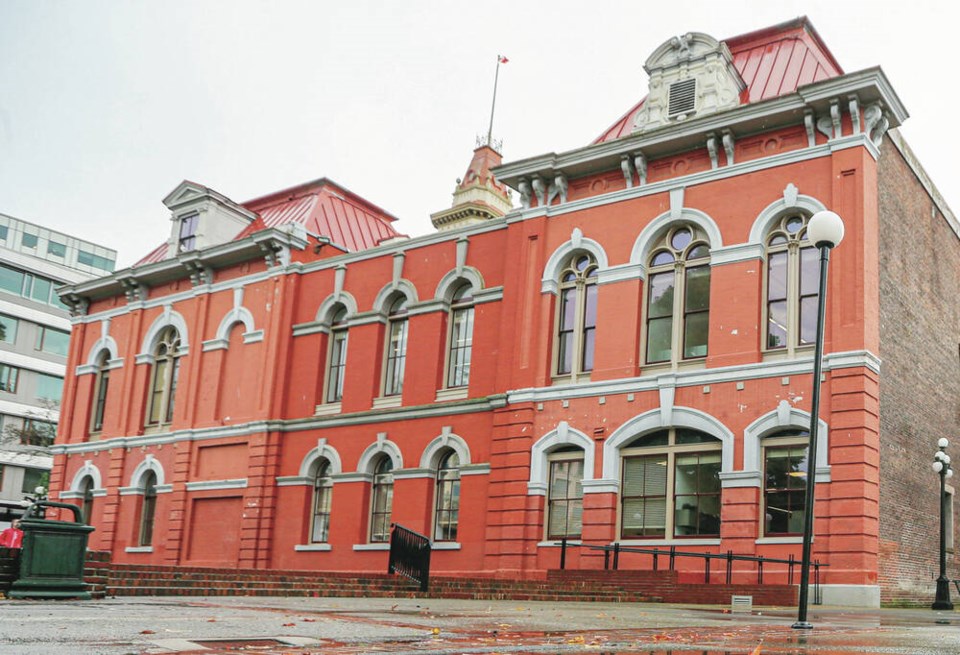Victoria council wants senior governments to help set up a non-profit housing-acquisition fund to allow municipalities to buy and protect low-cost housing, as the number of rental properties purchased by real estate investment trusts and institutional investors soars, driving up rents.
Last year, Greater Victoria experienced record-breaking sales of multi-family properties, with about $862 million worth of housing changing hands.
That’s up 70 per cent from 2019, when the previous record of $505 million was set.
In a report on the city’s housing strategy presented at council’s committee of the whole, city staff said that massive increase in investment is putting upward pressure on rental rates.
While the involvement of real estate investment trusts or REITs and institutions in the marketplace is not new, the report noted the high purchase prices often result in new owners raising rents.
“This trend has the potential to significantly affect affordability in Victoria’s rental housing market in the coming years, particularly where older, more affordable rental buildings are acquired,” the report said.
Coun. Jeremy Loveday said it might be time for city staff to look at whether the city can implement regulation or licensing measures to control REITs.
“If there’s anything the city can do within our own powers, I think we need to be looking at that and advocating to upper levels of government for strong regulations as well.”
Council agreed to push the federal and provincial government for both stronger regulation and for the funding of acquisition programs to allow municipalities to get into the marketplace to protect existing rental stock.
In an earlier interview, Mayor Lisa Helps said the number of large institutional investors buying up low-end-of-market buildings should be setting off alarm bells.
“That’s a very quick and easy way to erode naturally occurring affordability,” she said, noting such buildings tend to be affordable because they are older and the tenants have lived there long-term.
She said it’s time for senior levels of government to invest in the marketplace in a more significant way than they already have.
“[The federal government] has announced a $4-billion housing accelerator fund that’s in the budget. The first thing they should do is start getting that money out the door and putting it to work in communities,” she said.
In an interview, Coun. Ben Isitt said he’d like to see senior levels of government acquire older affordable buildings.
“The fact is there are these conglomerates of capital from outside of the community that are coming in and if that is going to be the situation, I would have more confidence in that process of land assembly occurring under public accountability and control,” he said.
>>> To comment on this article, write a letter to the editor: [email protected]



